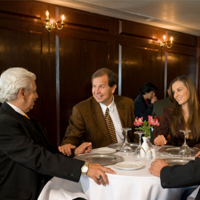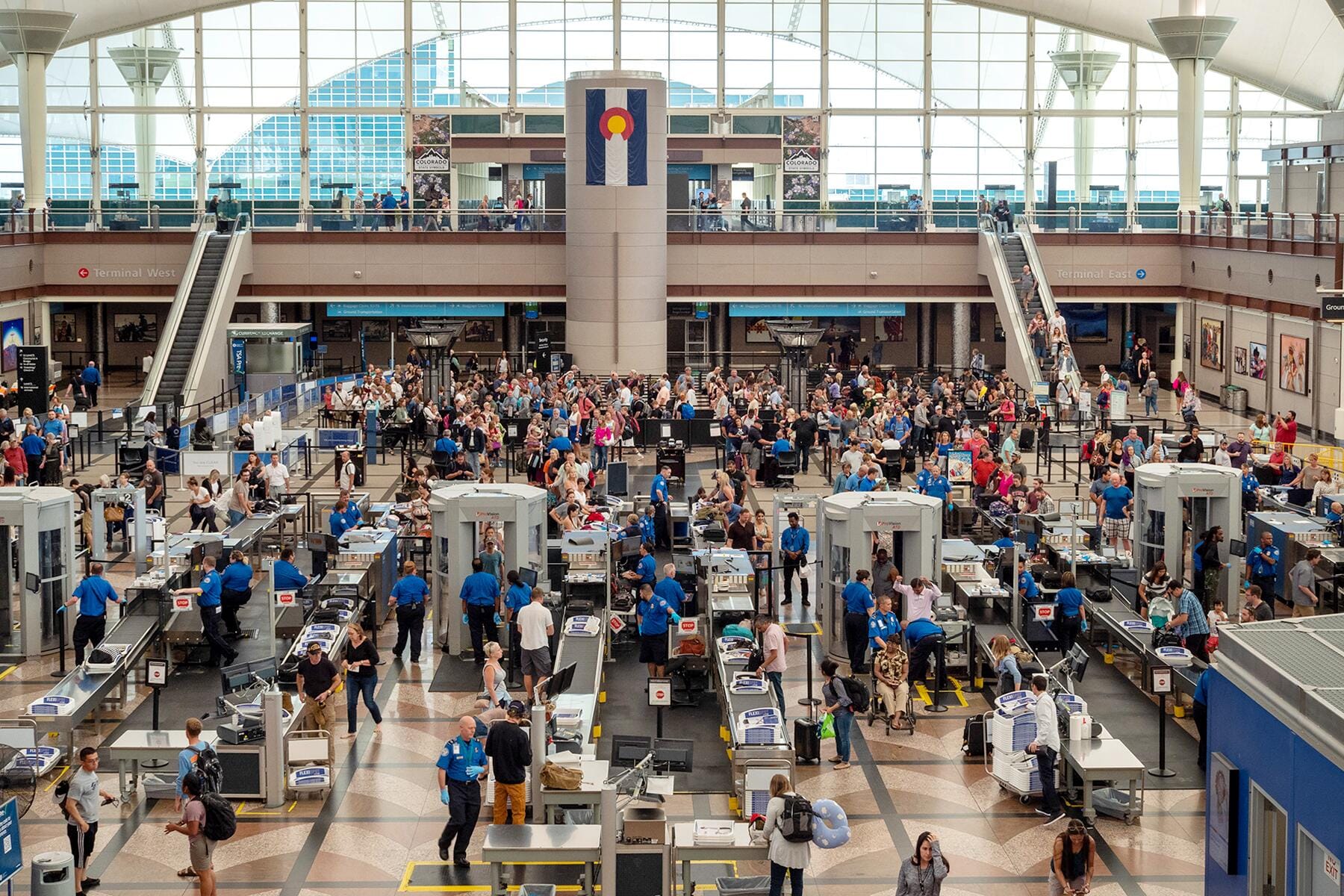A little pre-trip research goes a long way. Here’s what you need to know about customs and etiquette in Mexico.
Doing Business

Personal relationships always come first here, so developing rapport and trust is essential. A handshake and personal greeting is appropriate along with a friendly inquiry about family, especially if you have met the family. In established business relationships, don’t be surprised if you’re greeted with a kiss on the cheek or a hug. Always be respectful toward colleagues in public and keep confrontations private.
Meetings may or may not start on time, but you should be patient. When invited to dinner at the home of a client or associate, it’s not necessary to bring a gift; however, sending a thank-you note afterward scores points.
Your offers to pick up the tab at business lunches or dinners will be greatly appreciated but will probably be declined; as a guest in their country, most Mexicans will want to treat you to the meal. Be prepared to exchange business cards, and feel free to offer yours first. Professional attire tends to be on the conservative side. Mexicans are extremely well-groomed, so you’ll do well if you follow suit.
Recommended Fodor’s Video
Customs
In the United States and elsewhere in the Western world, being direct, efficient, and succinct is highly valued. But Mexican communication tends to be more subtle, and the direct style of Americans, Canadians, and Europeans is often perceived as curt and aggressive. Mexicans are extremely polite, so losing your temper over delays or complaining loudly will get you branded as rude and make people less inclined to help you.
Remember that things move at a slow pace here and that there’s no stigma attached to being late; be gracious about this and other local customs and attitudes. In restaurants, for example, a waiter would never consider bringing you the check before you ask for it; that would be pushy.
You’ll probably notice that local friends, relatives, and significant others show a fair amount of physical affection with each other, but you should be more reserved with people you don’t know well.
It’s customary to inquire about a colleague’s family or general health, and perhaps some other banal subject (such as the beauty of the town you’re visiting, or the weather), before launching into a request or mundane business. Mexicans love to discuss politics and ethics, so don’t be afraid to ask questions or discuss these issues in friendly and general terms.
Learning basic phrases in Spanish such as por favor (please) and gracias (thank you) will make a big difference in how people respond to you. Also, being deferential to those who are older than you will earn you lots of points.
Greetings
Mexicans are extremely polite and ceremonious. Businesspeople and strangers shake hands upon greeting each other or being introduced, while friends (women to women or women to men) may give a kiss on one cheek, or an “air kiss.” Male friends or acquaintances may give each other a stiff hug with a triple pat on the back. When in doubt, shake hands.
It’s traditional to use the formal form of you (usted) rather than the informal tu when addressing elders, subordinates, superiors, and strangers. However, so few gringos speak Spanish that any courteous attempt to speak Spanish is acceptable (although using the correct pronoun is, naturally, best). When taking your leave, say “adios” (good-bye) or “hasta luego” (see you later).
Also, saying “Desculpe” before asking a question of someone is a polite way of saying “Excuse me” before launching into a request for information or directions. Similarly, asking “Habla inglés” is more polite than assuming every Mexican you meet speaks English.
Sightseeing
Although shorts are permissible in churches, short shorts and skimpy tops are frowned upon. Don’t sightsee during church services, although you can stand at the back and look. If photography or flash photography is prohibited, there’s usually a sign at the front of the church; otherwise, taking pictures is not a problem. Old women and men or people with disabilities often beg at the entrance to churches; it’s common to give them a few coins.
Say “con permiso” (pardon me) to get past people in a crowd. Giving up one’s seat on a bus for the elderly, the blind, and pregnant women is common courtesy.
Out on the Town
Mexicans call waiters joven (literally, young man) no matter how old they are. Call a female waitress “señorita” (miss) or “señora” (ma’am). Ask for “la cuenta, por favor” (the check, please) when you want the bill; it’s usually considered rude for a server to bring it before a customer asks for it.
Mexicans tend to dress nicely for a night out, but in tourist areas, dress codes are mainly upheld only at the more sophisticated discotheques. Some restaurants have separate smoking sections, but in smaller establishments you can usually smoke.


